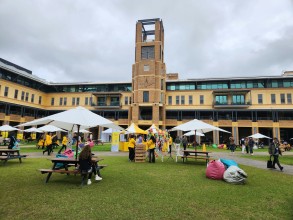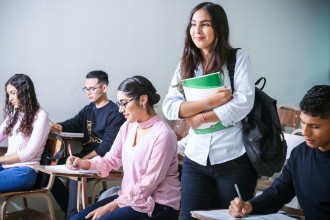News & Blogs
The Ultimate Pre-Departure Checklist for Studying in Australia
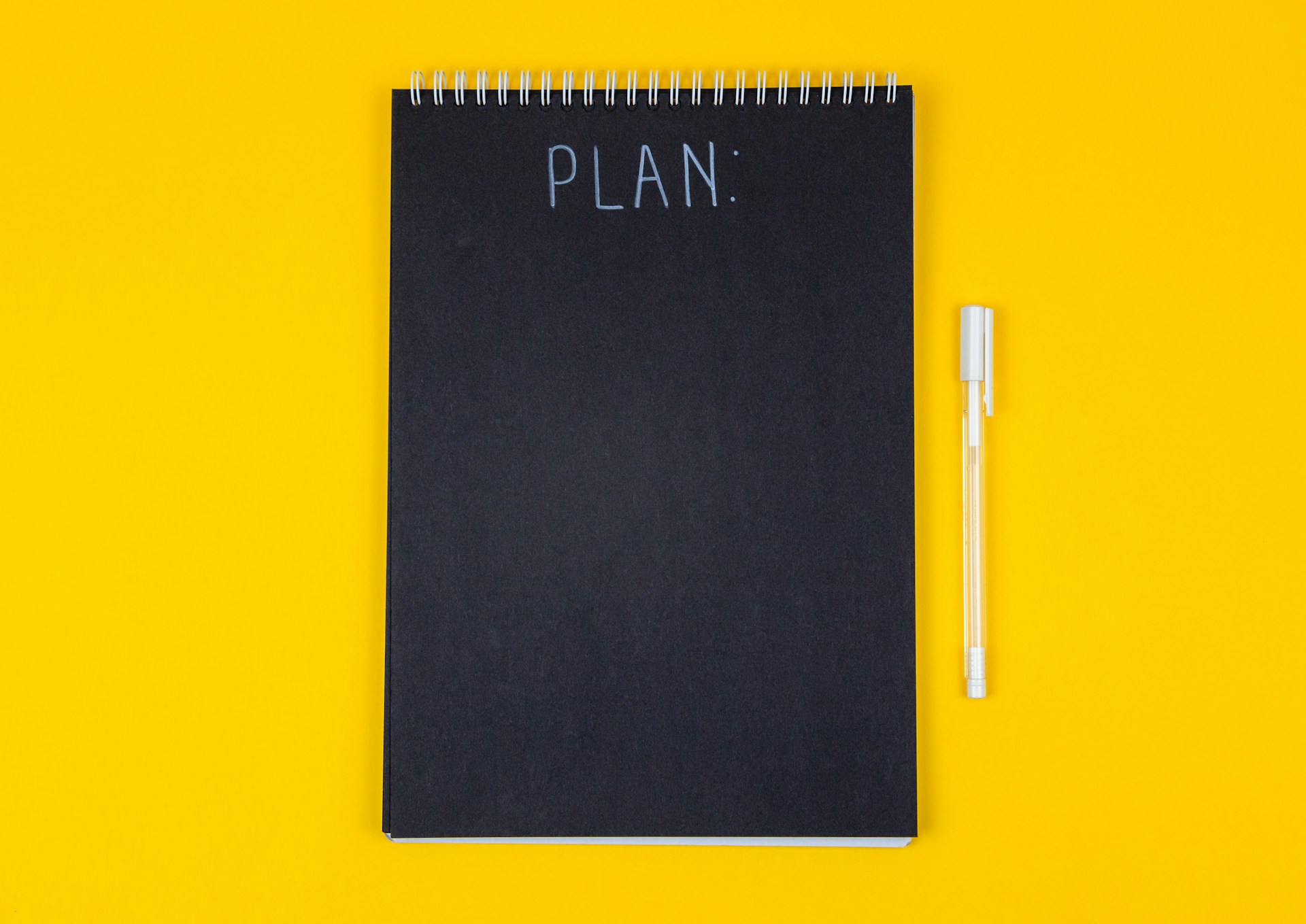
Introduction: Why Pre-Departure Checklist and Planning Is So Important
Getting ready to study in a new country like Australia is exciting but can also feel a little scary. There are many things for you to think about before you leave, things like your visa, packing your bags, and knowing what to do when you arrive. This is why having a good pre-departure checklist is a very important thing to have when going to Australia for studying.
When you plan ahead carefully, you can avoid last-minute problems and enjoy a smooth start to your adventure. Without a pre-departure checklist, it’s very easy for you to forget important things like your passport, student visa, or health insurance and forgetting about these things could cause big delays or extra stress.
Some students miss out on important preparations and end up feeling worried, lost, confused, anxious and fearful when they arrive. But with good planning and pre-departure checklist, you will know exactly what documents to carry, what to pack, and how to manage your money safely. This will help you feel extra confident and ready for your studies as well as facing any unseen difficulties.
In short, pre-departure checklist and planning is the key to starting your study journey in Australia with less stress and more happiness. Remember, GECC is here to guide you through every step, making sure you have everything you need for a great start!
Pre-Departure Checklist: Essential Documents to Prepare
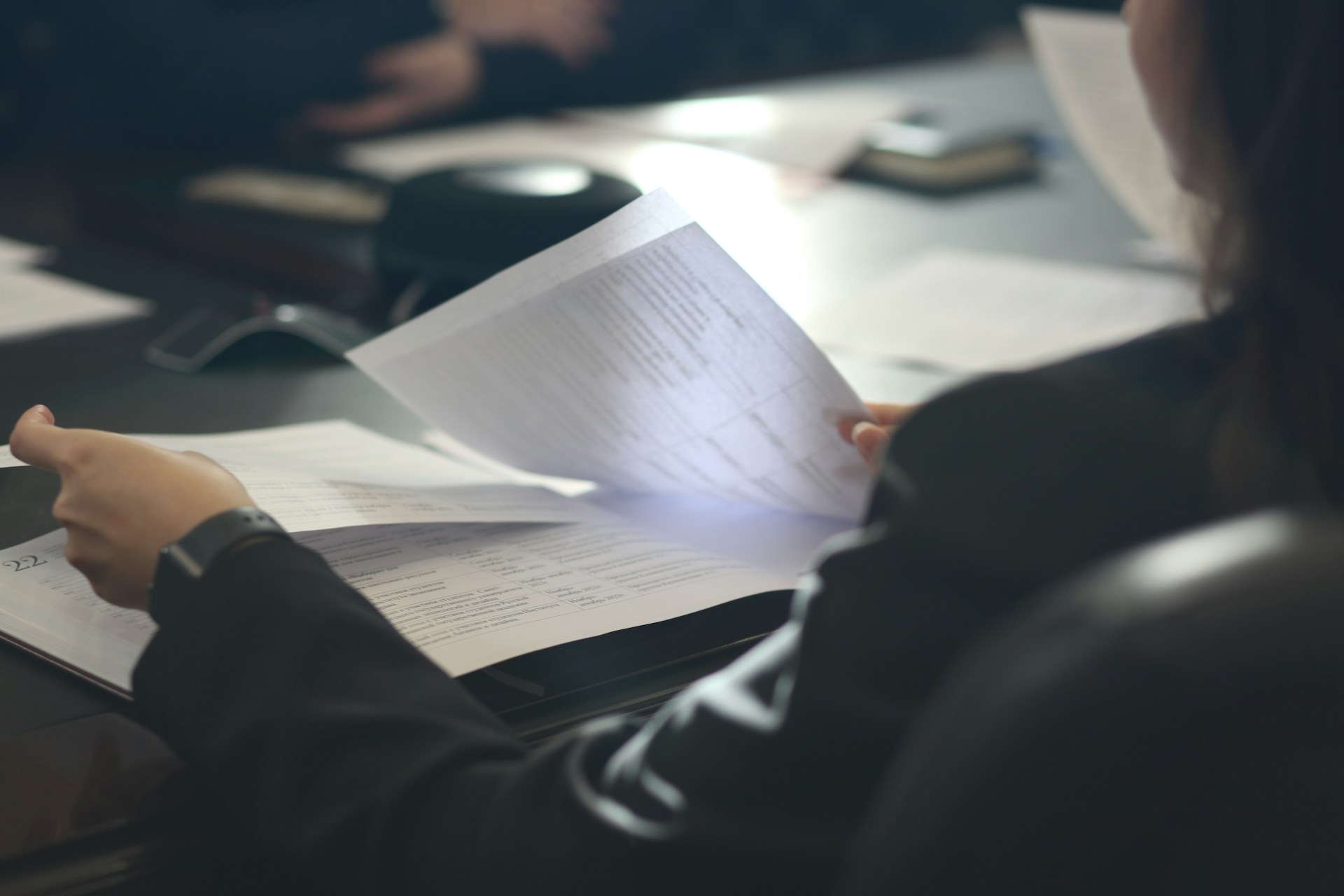
Before you leave for Australia to study, you must get your important documents ready on your pre-departure checklist. These papers help you prove who you are, show that you can study there, and keep you safe during your stay.
Here are the key documents every international student should prepare as part of their pre-departure checklist:
1. Passport
Your passport is your most important ID so make sure to bring along with you. It must be valid for at least six months after you arrive in Australia.
2. Student Visa (Subclass 500)
You need a student visa to study in Australia legally. Make sure your visa is approved and you have a copy of it, either printed or saved on your phone.
3. Confirmation of Enrolment (CoE)
This document is proof that you have been accepted by an Australian school or university. You will need this when applying for your visa and during your arrival so this is also very necessary and do be sure to keep it safea.
4. Overseas Student Health Cover (OSHC)
Health insurance is very important. OSHC helps you pay for doctor visits and hospital care in Australia. Make sure you buy OSHC before you come to Australia.
5. Flight Tickets and Travel Insurance
Keep your flight booking details handy. It’s also good to have travel insurance for emergencies like lost luggage or sudden illness.
6. Academic Documents and ID Proofs
Bring copies of your previous school certificates, transcripts, and any other important IDs. Sometimes you may need these when you register at your new school.
7. Emergency Contacts
Write down contact numbers for family, your school, and the nearest Australian embassy or consulate. Keep this list with you at all times.
Pre-Departure Checklist: What to Bring and What to Leave
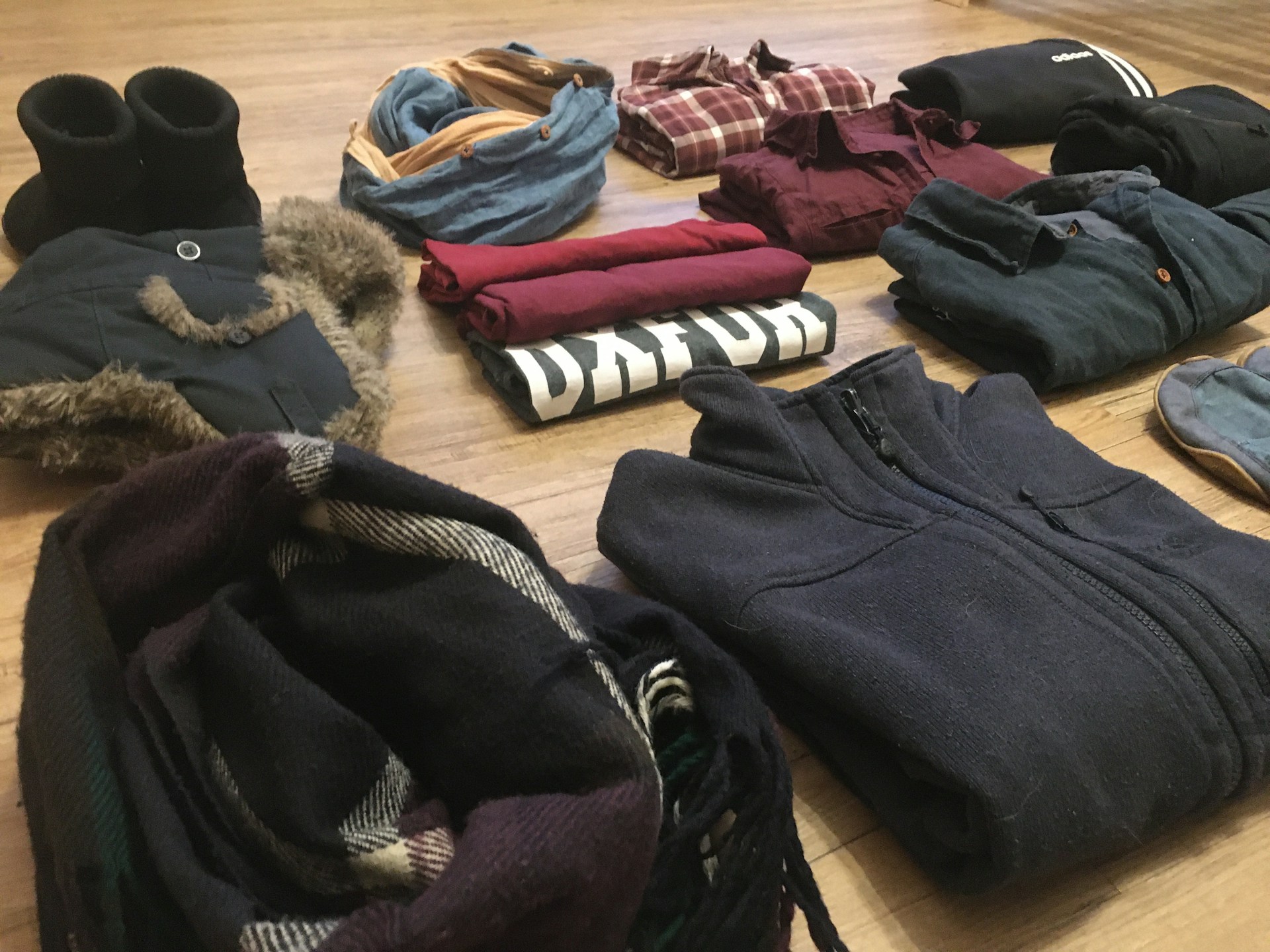
Packing your bags for Australia can feel confusing with not knowing which stuff to pack along. You may want to bring everything you need, but you also don’t want to carry too much or bring things that aren’t allowed.
So for that below is a simple pre-departure checklist to help you pack smart and light.
What to Bring:
- Clothes for Different Seasons: Australia has different weather, so pack clothes for summer and winter. Bring light clothes like t-shirts and shorts, but also some warm clothes like jackets and sweaters, Australia is nearly similar to Nepal in weather so according to clothes you wear in Nepal just pack accordingly for different weather there.
- Important Documents: Like said in the above section, be sure to keep your passport, visa, Confirmation of Enrolment (CoE), OSHC papers, and other important documents in your carry-on bag.
- Electronics and Chargers: Bring your laptop, phone, chargers, and a power adapter that works in Australia along with you as you will need them before and if you already have these things here then why buy there.
- Medications: If you take medicine, bring enough for your first few months. Also, don’t forget to carry the prescription from your doctor along with you.
- Toiletries and Personal Items: Small bottles of shampoo, soap, toothbrush, and other personal items are good to have at first.
- Basic Cooking Tools (Optional): If you like cooking, you can bring some small utensils like simple kitchen tools, but don’t bring heavy pots or pans.
- Comfort Items: A small pillow, photos, or something that reminds you of home can help you feel comfortable and help you feel less homesick.
What to Leave:
- Too Many Clothes: Don’t bring too many clothes as you can buy what you need in Australia.
- Prohibited Items: Avoid packing things that Australia does not allow, like fresh food, plants, or large amounts of liquids.
- Heavy Books: Instead of heavy textbooks, use digital versions when possible.
- Large Appliances: Don’t bring big electrical appliances like heaters or irons; you can buy these in Australia when needed.
Pre-Departure Checklist: Money & Banking Preparations
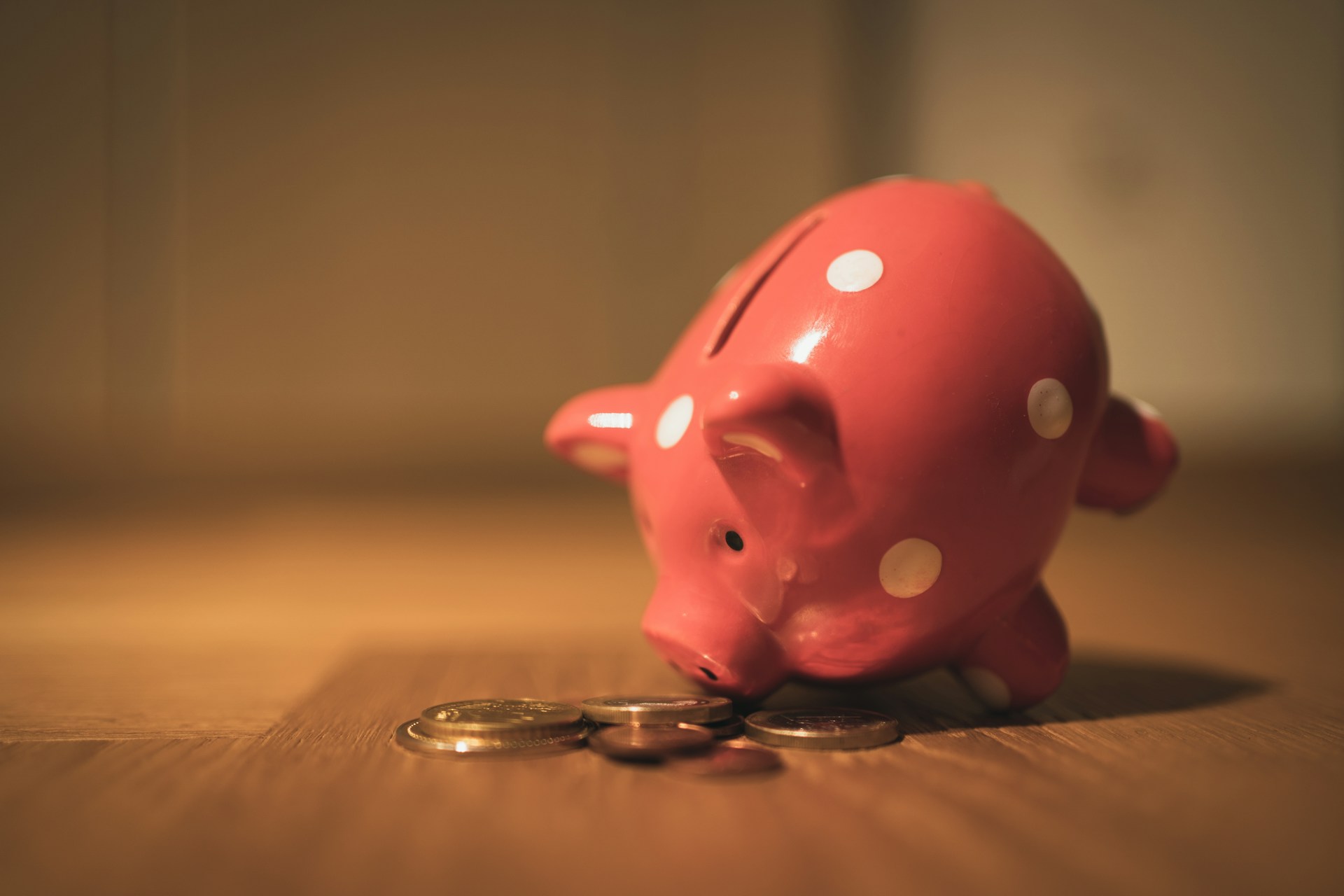
Managing your money well is very important when you come to study in Australia. Before you leave, it’s good to get ready with some money and banking plans so you don’t face problems later.
How Much Money to Carry
It’s a good idea to bring some Australian dollars (AUD) with you. This helps you to pay for small things right after you arrive, like food, transport, or a SIM card. But don’t carry too much cash, try to only bring along what you need for a few days.
Open a Student Bank Account
Most banks in Australia let international students open special student bank accounts. These accounts usually have no monthly fees and come with online banking apps, so you can check your money anytime. You can open these accounts before you leave or soon after you arrive in Australia.
Bring an International Debit or Credit Card
If you have a debit or credit card from your home country, bring it along with you as you can use it to withdraw money or pay for things in Australia, but watch out for fees and currency exchange charges.
Understand Currency Exchange Rates
When you change your home money to Australian dollars, the rate changes every day. Try to check rates and exchange money when it is best to get more Australian dollars.
Set Up Internet Banking and Apps
Most Australian banks have apps for your phone. These apps let you:
-
Check your balance
-
Transfer money
-
Pay bills easily
Using these apps helps you keep track of your money and stay safe.
Pre-Departure Checklist: Accommodation & Arrival Essentials
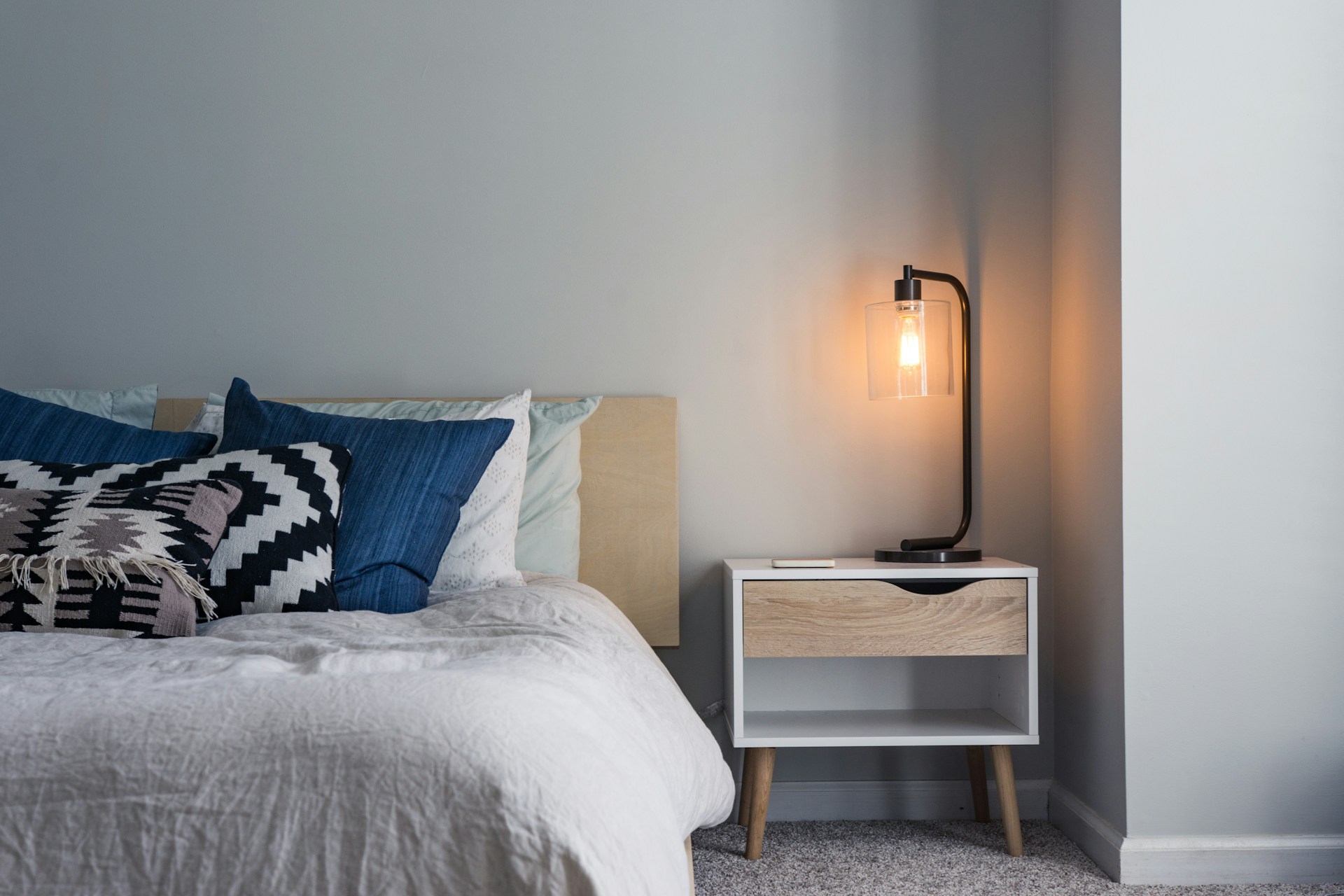
Finding a suitable place to live and getting settled when you arrive in Australia is very important for every international student and should be on your pre-departure checklist.
Being prepared will help you feel safe and comfortable in your new home away from home.
Finalise Your Accommodation Before You Leave
It’s best to arrange your student accommodation in Australia before you arrive. This could be university dorms, shared apartments, or homestays. Knowing where you will stay helps reduce stress and gives you a place to go when you land and if you are confused you contact us, Global Education Counselling Centre for this.
Plan Your Airport Pickup and Transportation
Check if your university or accommodation offers an airport pickup service. If not, research public transport options or taxis to reach your new home safely. Having a plan helps you avoid confusion and saves time.
Attend Orientation and Welcome Programs
Most universities have orientation sessions for new students. These programs help you learn about your campus, meet other students, and find useful services like libraries and health centres. So make sure that you attend these as it’s a great way to start your new life by knowing about important information easily as well as make new friends there.
Keep Important Contacts Handy
Write down emergency numbers, your university’s student support contacts, and the nearest Australian embassy or consulate. Be sure to also keep these contacts in your phone and on paper, just in case.
Set Up Your Phone and SIM Card
Once you arrive, get an Australian SIM card to stay connected. Many providers offer special plans for students. Having a working phone will help you communicate with family, friends, and emergency services.
Conclusion to Pre-Departure Checklist
Preparing well before you leave for Australia makes a big difference in how happy and safe you feel when you start your studies. Using a good pre-departure checklist helps you remember all the important things like documents, packing, money, and accommodation.
We, Global Education Counselling Centre (GECC) are here to guide you if you have any questions or need any help. Like, from helping you get your visa to choosing the best bank and finding the right place to stay, we support international students like you to make your study journey smooth and successful.
Remember, the better you prepare now, the easier and more exciting your adventure in Australia will be. So start early, follow your pre-departure checklist, and reach out for help when you need it.
Good luck, and welcome to your new life in Australia



